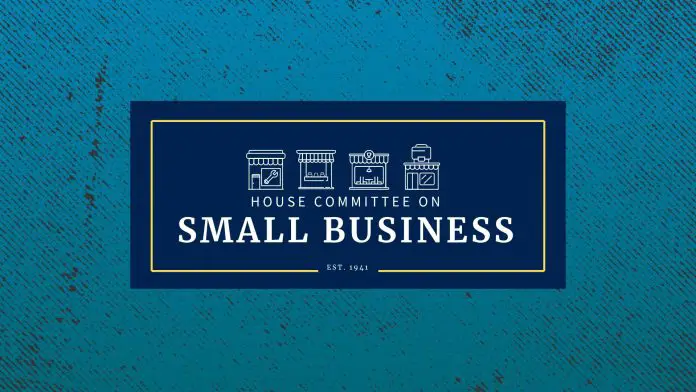Congressman Roger Williams (R-TX), Chairman of the House Committee on Small Business, has underscored the potential ramifications of the Small Business Administration (SBA) relocating its offices from six major U.S. cities identified as sanctuary cities. This move, announced by SBA Administrator Kelly Loeffler, aims to not only save taxpayer dollars but also enhance opportunities for small business owners in more supportive environments.
Williams argues that the presence of federal offices in sanctuary cities undermines the success of local businesses due to rampant crime rates and escalating costs of living. The cities scheduled for the SBA’s departure include Atlanta, Boston, Chicago, Denver, New York, and Seattle. Each of these cities has been characterized not only by their sanctuary policies but also by significant challenges that Williams claims small businesses cannot overcome.
“The SBA’s relocation is a justified and better investment for Main Street America," said Williams. “It no longer makes sense for federal agencies to persist in cities that crush businesses through overregulation and high costs."
Through this transition, Williams envisions a shift towards communities that genuinely support small business initiatives. This could mean an uptick in federal resources and assistance for small business owners, facilitating job creation and economic stability. Such a move has the potential to revitalize local economies that may currently be stifled by economic distress linked to high crime and sanctuary policies.
Williams backs up this stance with stark statistics regarding economic struggles in cities like Denver. He notes that during the Biden administration, some cities have seen overwhelming numbers of migrants and a corresponding spike in crime, which collectively deter small business growth. For instance, Denver reportedly spent over $365 million on services for illegal immigrants, according to various sources. Such expenditures, Williams argues, detract from essential services that local businesses depend on, further isolating them from federal support.
The SBA’s relocation also presents practical applications for small business owners. By moving to communities that support law enforcement and federal regulations, the SBA may boost both the visibility and viability of small local businesses. For instance, local firms may have better access to critical financing and support services, paving the way for healthier micro-economies rooted in local entrepreneurship.
However, small business owners should remain cautious about the changes that come with this significant shift. While the potential for increased accessibility to federal resources in supportive environments could catalyze growth, the transitional period may pose challenges. Owners will need to stay adaptable as the SBA restructures its operations, which could involve changes in how they access assistance or funding.
Moreover, some business owners may face uncertainty regarding how these relocations could impact existing federal programs they currently utilize. As Williams points out, federal agencies should prioritize communities that align with their mission of supporting small businesses. However, the immediate implications of such relocations could be disruptive until new local infrastructures are established.
Williams’s op-ed emphasizes the broader mission of uplifting American small businesses while advocating for a government stance that prioritizes law enforcement and compliance. “Following federal law is not optional,” he insists, suggesting that non-compliance should carry consequences, particularly for local governments that seem to defy federal guidelines.
For small business owners, the relocation of the SBA may signal a newfound opportunity to flourish in environments that bolster their initiatives. Nonetheless, they should prepare for the transition, remain informed about changes to available support, and continue advocating for a business-friendly atmosphere in their communities.
As this story unfolds, small business owners are encouraged to closely monitor the actions and announcements from the SBA and local governments. The future landscape of federal support in the small business sector may very well depend on how these relocations are managed.
For further details, you can refer to the original press release here.
Image Via BizSugar



